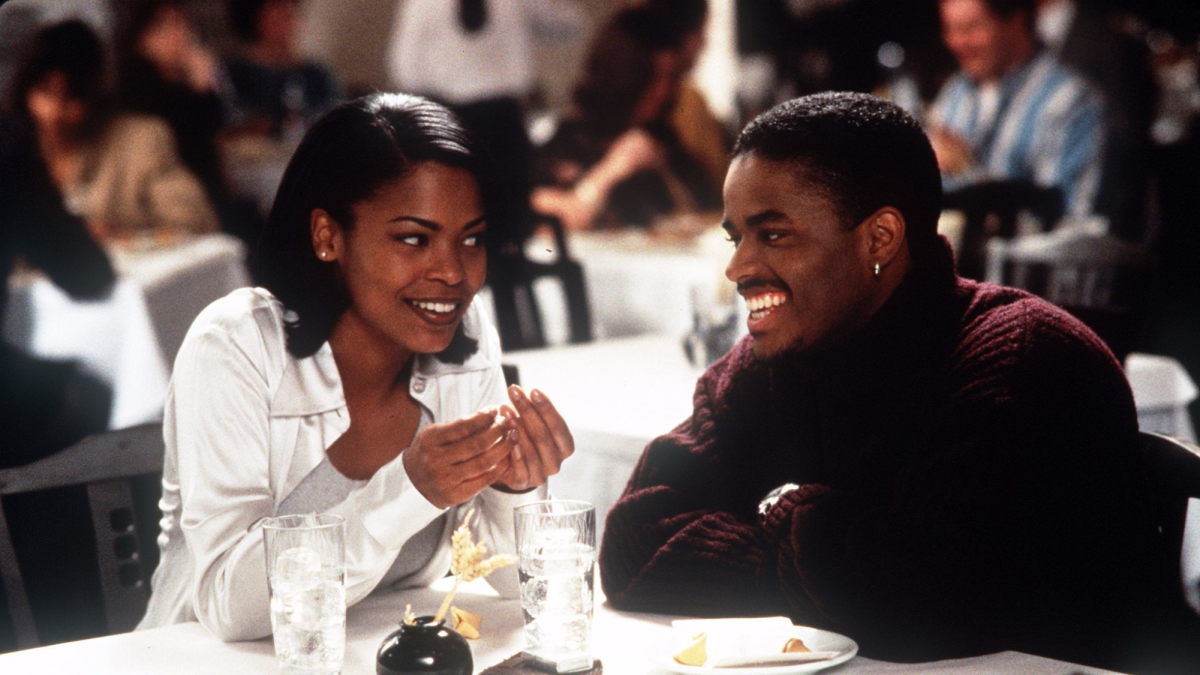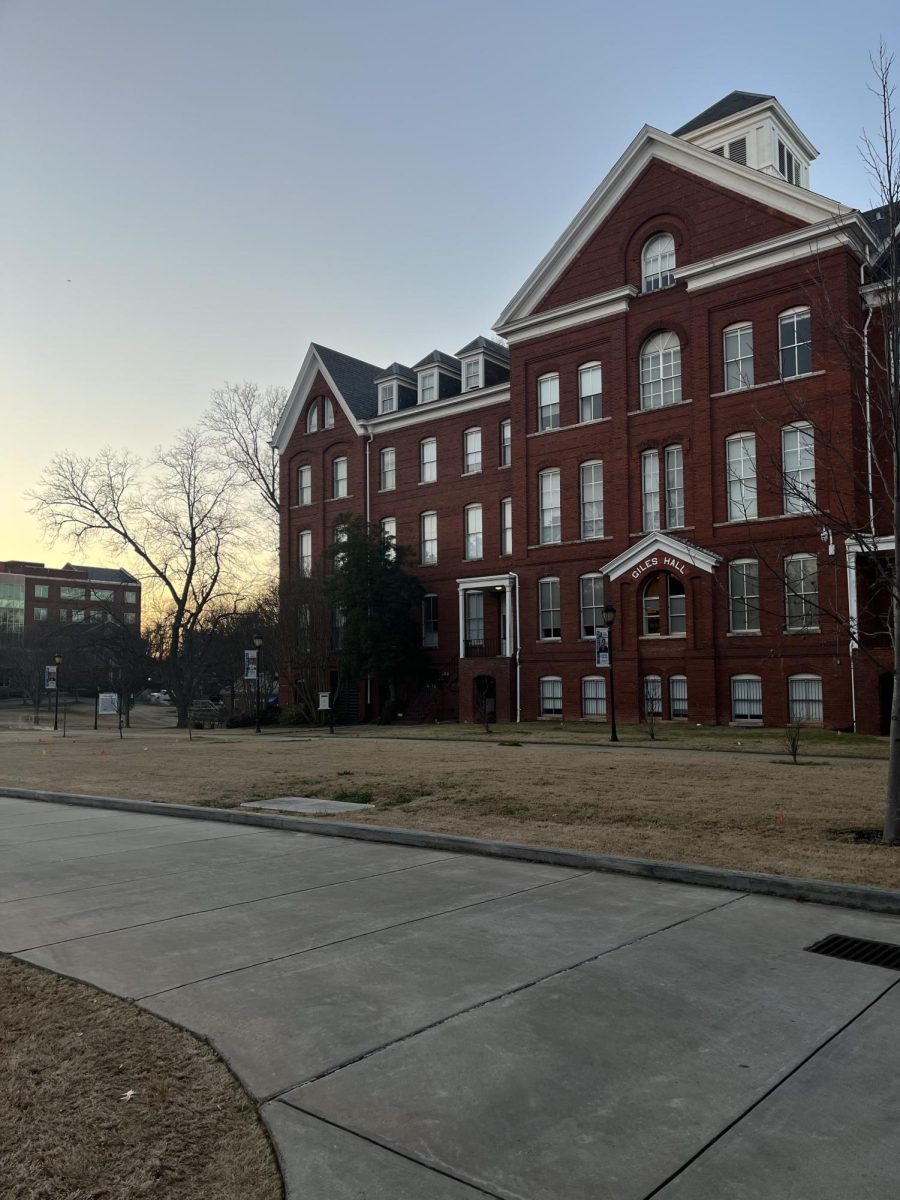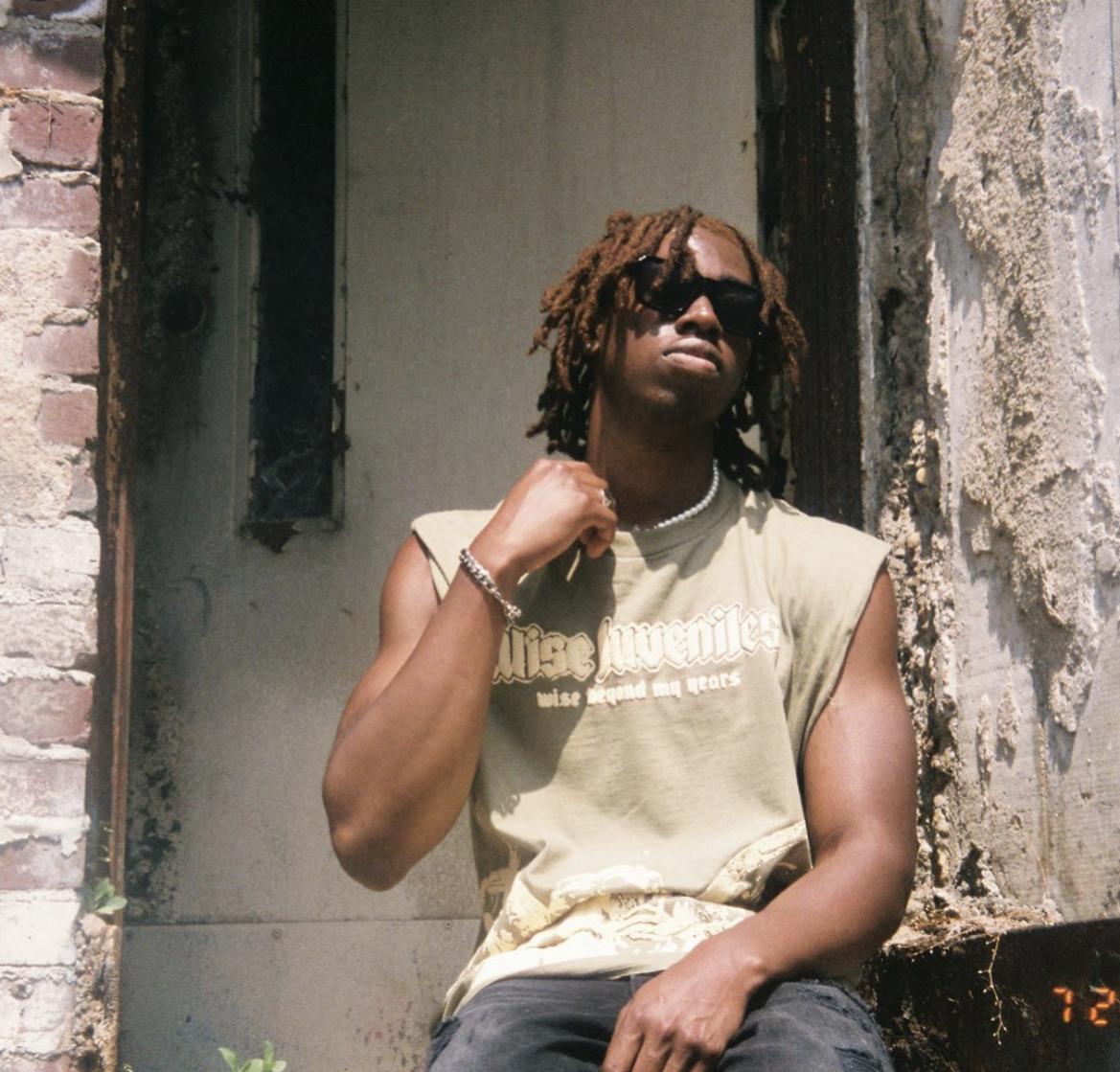Dr. Kendrick Morales, a former professor of Spelman College’s economics department, is now making headlines with his complaints that the college unlawfully fired him after he refused to inflate the grades of several failing students. Furthermore, he alleges that the college went the extra step of curving the students’ grades behind his back after his refusal to do so (to this end, he specifically name-drops Undergraduate Dean Desiree Pedescleaux). This controversy, which has now been reported by outlets such as BET and The Free Press, is layered by the fact that Dr. Morales is a half-white, half-Filipino male, teaching at an all-women’s HBCU.
In his essay for the Free Press, Dr. Morales accounts for his first-semester teaching econometrics at Spelman, a course he describes as “not an easy course,” and whose “material could take some time to understand.” He says the problem began after a majority of his students scored somewhere between the 50s and 60s on their midterm exam. Students then approached Dr. Morales with complaints about the midterm being too hard, not being given enough time to complete it, and not being taught the material well enough. In his own words, Dr. Morales admits to ignoring these complaints and continuing to teach the class the way he did before the midterm. In doing so, he found that student participation both inside and outside of the classroom began to decrease, and when it came time for students to take their final exam, most of them scored even worse than they did on the midterm. Dr. Morales then became aware that students had gone above him and filed an official complaint with Dean Pedescleaux. Ten months later, Morales claimed Dean Pedescleaux changed the failing grades of his students without his knowledge or consent.
In the above op-ed and subsequent interviews, Dr. Morales implores the reader to see the hypocrisy in Spelman encouraging a non-deficiency model — a teaching philosophy that is defined by believing students to be intellectually capable — and yet cooperating in what he sees as a ploy by students to avoid accountability for their own academic failings.
However, what I see in Dr. Morale’s story is a professor who is too narcissistic to realize that he’s not a good teacher. In this regard, Dr. Morales is not alone; he is joined by an unfortunate number of professors who fail to realize that 20 students don’t do poorly on an exam because they are all too lazy to study or don’t care enough to try. This idea is especially laughable at a school like Spelman, which earned its spot as the number one ranked HBCU for 16 years in a row because of the intelligence and drive of its students. If a majority of your students are failing, there comes a point where you must consider that your students are only a reflection of your teachings and that if your students aren’t understanding the material, it says more about how you’re presenting said material than the intelligence of the students. The common denominator between Dr. Morales’s students wasn’t that they were dumb and shared the same ineffectual professor. I’m further inclined to blame Dr. Morales after reading that he continued to teach the same way even after his students confided that they did not have the information they needed to succeed in the class.
In his article, Dr. Morales comes off as unwilling to even consider the idea of him being an ineffective professor. Instead, he paints a picture of his accommodation, meaning his willingness to curve grades and his efforts to write detailed lecture notes. However, Dr. Morales’s Rate My Professor reviews paint an entirely different picture, far less complimentary yet far more trustworthy. One student anonymously reports, “Do NOT take this class unless you want to be held back another semester. By far the worst professor I have ever come across. Gives insane work with little explanation, will laugh and comfortably fail you no matter how much you reach out for help.” Other students tell similar stories in their retellings of the class, with one stating, “…[With] this being my 3rd year at Spelman, he has to be the WORST professor I’ve ever had. He grades very critical without giving clear instructions, and he wants to see his students fail! He purposely makes exams impossible to pass & he finds it comical when you do not understand the material.”
I did not have to cherry-pick the bad reviews to prove my point — out of 7 reviews, every student gives Morales a 1 out of 5 stars, with 0% of students saying they would retake his class.
I momentarily questioned that these reviews could have been posted after Dr. Morales went public with his firing, perhaps published in retaliation to his claims. But Dr. Morales published his op-ed in 2023, and every student review is from or before 2022. I even found reviews from Morales’s time at UC Irvine prior to coming to Spelman. As you might expect, the recollections of being taught by Morales are similarly scathing, outside of one lone complimentary review from 2020.
Even if we were to go with the “disgruntled students lying about their professor because they got a bad grade,” narrative, Dr. Morales was also reviewed by his department chair and two faculty members. They unanimously reported that Dr. Morales’s teaching was unsatisfactory, pointing to his ability to give feedback and the fact over 24-semester class meetings, Dr. Morales only met in person with his students for 15 minutes twice a week.
When both students and faculty tell you that your teaching isn’t resonating with them, at what point do you look in the mirror and adjust how you are relaying what you admit is incredibly difficult and yet essential knowledge?
With all of this said, I don’t want to skate past Morales’s allegations of unlawful grade curving by the Spelman administration, which he insinuates is a widespread and historical issue. Though this is a practice that I would be uneasy to endorse, I believe that Dean Pedescelaoux was within reason to curve the grades of Dr. Morale’s students, considering that he seemed indignant in punishing his students for his own lousy teaching style.
This semester, I found myself in a class where my professor failed to show up for the first six weeks and gave no explanation for her absence. After notifying our department chair, my peers and I were assigned to another professor. At this point in the semester, we had missed six weeks of material and a midterm. My new professor made the logical decision to curve our final grades, knowing that we should not be punished for not receiving material because of an absence we had no control over.
I use this example from my own life because I imagine Dean Pedescelaoux had similar reasoning when deciding to curve the grades of Dr. Morales’s students. Students came to her with what sounded like valid complaints about a professor who was not setting them up to succeed. A professor who was preparing to jeopardize their transcripts and, consequently, their futures because of his own inability to adjust his teaching to accommodate the learning styles of his students better. Given these circumstances, I find it completely reasonable that Dean Pedescaloux decided not to punish these students for something they could not control — the capability of their professor.
As I mentioned before, Dr. Morales is a white male professor teaching at an all women’s HBCU. I think the racial piece is relevant here because several of Dr. Morale’s complaints are colored by a racist imagination of Black people — and specifically Black Girls — as deviant. Rather than consider that there might be something wrong with his own teaching, Dr. Morales jumps to the idea that his students are “cutting corners,” and “turning against [him]” by complaining about his teaching. He asserts his belief that his students must only be dissenting against him as a way to avoid the consequences of their own inability to apply themselves in the course. He refers to the complaints he received from his students as “demands,” and ends the article with the implication that a degree from Spelman is fraudulent. Dr. Morales’s inclination to villainize his black female students is a reflection of the white world he was raised in, which taught him, whether he realizes it or not, that he — the white male, hero to humanity — could never be wrong, and that any accusations otherwise must be motivated by foul intent. I firmly believe that Dr. Morales would not speak so lowly of his students had he still been teaching at UC Irvine, a predominantly white institution.
Dr. Morales’s inflammatory condemnation of Spelman and its students points to a much larger issue that few are willing to take a strong stance on— and that is hiring non-black professors at HBCUs. Though some non-black professors may seem qualified at the subject that they are being hired to teach, no amount of intellect can cover up the fact that many non-black people were raised with a complete misunderstanding of Black people and Black culture. This misunderstanding has manifested in the classroom as an inclination to produce harm when one feels even remotely threatened by their students.
A 2022 incident at Winston Salem State University is a perfect illustration of this — a black female student engaged in a classroom argument with her professor over a grade disagreement. Instead of handling the situation with her words, the professor — you guessed it, a white woman — proceeded to call campus police and have the student arrested. The professor resorting to such extreme measures over a verbal disagreement shows that she viewed her Black student as dangerous in a way that I doubt she would a white student. When feeling threatened, she resorted to a familiar white supremacist power structure, i.e., the police, to protect her. I can’t feel safe in a classroom with a white professor, knowing that no matter how much knowledge they can impart to me, there is always a chance for them to switch up the moment I perform in a way that isn’t acceptable to them.
If Spelman and other HBCUs are to continue to promote themselves as a safe space for Black students, then they must walk the walk by setting boundaries around who we are allowing to enter — or, better words, infiltrate — our sacred spaces.






![NLE Choppa Feat. @SexyyRed - S*ut Me Out Remix
Pictured are rappers Sexyy Red [left] and Sukihana [right]](https://spelmanblueprint.com/wp-content/uploads/2023/10/Fsz13HoX0AA_ulM-1200x814.jpg)
Jacqueline C/O 2020 • Feb 29, 2024 at 12:39 am
Great article Zariah! I’m so glad to see this situation from the student’s perspective because I saw some stuff in the news but I knew there was more to this story. It really is heartbreaking having to deal with people’s misinformed ideas of Black women and girls, but the truth will always be revealed. Glad he’s gone and his loss. Awesome work baby sisters stay undaunted!!
Savanna Brookshire • Dec 25, 2023 at 11:10 pm
This was a beautifully written piece. I did not hear anything about this professor however I am glad he is gone! I have had multiple white professors while at Spelman and luckily they were great professors however I often feel iffy about professors teaching at HBCU’s in the same token of I feel weird with white students attending. I’ve always felt these spaces should be sacred.